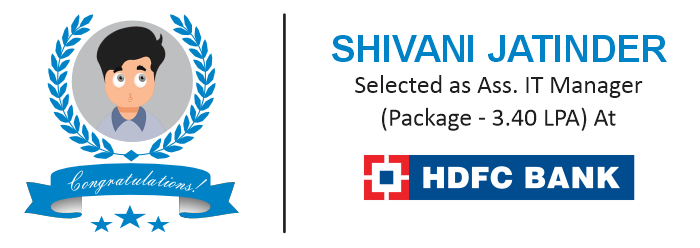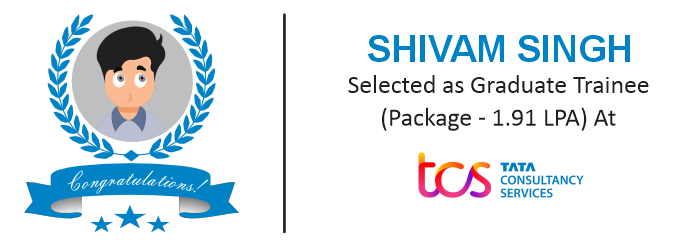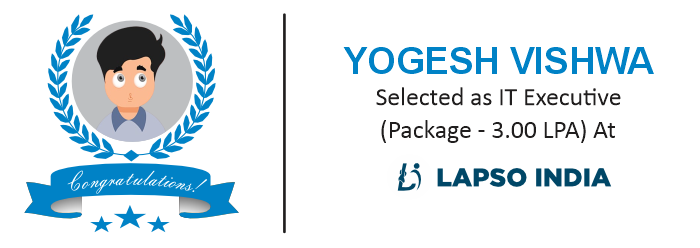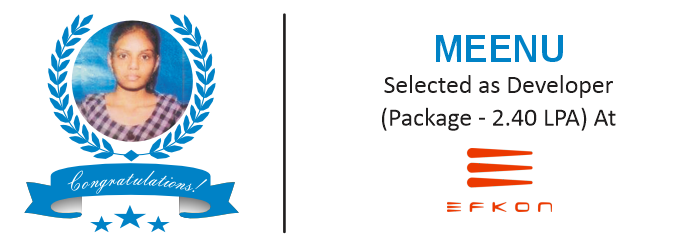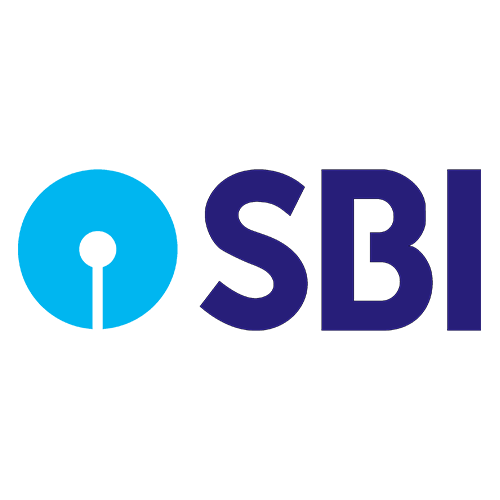Enquiry For Demo
Python Core Certification
Boost up Program for Mastermind & Growth Hack
Course Objectives:
Enabling competencies in these emerging front-end technologies: HTML, CSS, and JavaScript.
Teach back-end development using Python frameworks like Flask and Django.
Develop hands-on experience on how to manage and integrate data in SQL and NoSQL databases.
Develop understanding in RESTful API development and microservices architecture.
#1 Python Core

Industry Readiness Certification Programs
About Python Core Certification
The Full Stack Python Core Certification trains potential developers who have an in-depth knowledge of front-end as well as back-end development, using Python. Some topics that it covers would range from the basic principles of Python programming, web development through frameworks such as Flask and Django, database management using SQL as well as NoSQL databases, building real-world applications, utilizing RESTful APIs, and best practices for software development.
This Course is Suitable For
- Beginners: Basic computer literacy is sufficient to start learning Python programming and web development concepts.
- Students and Professionals:Ideal for individuals looking to enhance their software development skills or transition into a Python development career.
- Career Changers: Perfect for professionals from non-tech backgrounds who want to pivot into software development and learn full-stack development using Python.
Key Features:
Comprehensive Curriculum
Hands-On Projects
Proficiency in Java Frameworks
RESTful API Development
Database Management Skills
Version Control Training
Software Development Best Practices
Industry-Recognized Certification
Career Support and Resources
Flexible Learning Options
End-to-End Career Assistance
Comprehensive Career Support to Help You Shine
Upgrade and polish resumes to make them stand out to potential employers.
Learn From digital marketing industry experts with real-world experience.
Develop presentation skills and refine projects with constructive feedback from peers and instructors.
Dedicated Assistance to help figure out the right step for your career.
We ensure each student receives focused as we teach them key concepts
Comprehensive Guidance to master interview skills & land your dream job.
Engage with expert from leading brand & agencies through nteractive Q&A sessions.
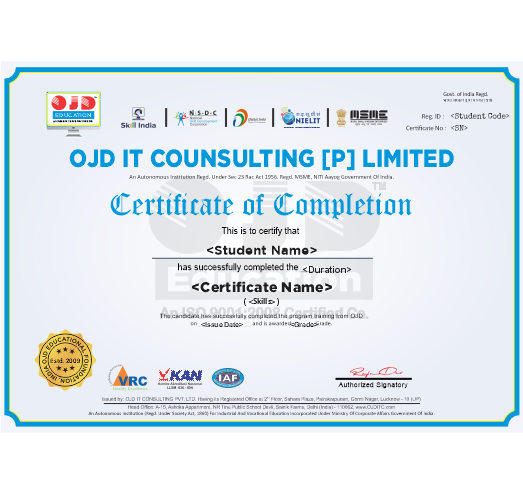

Be in the spotlight by getting certified!
Industry-Recognized Certificate
Aonsectetur adipiscing elit Aenean scelerisque augue vitae consequat Juisque eget congue velit in cursus leo
Stand Out in Job Market
Hammer out we need to socialize the comms with the wider stakeholder community exposing new ways to evolve
Your Passport to Career Growth
Focus on the customer journey we need to socialize the comms with the wider stakeholder community upsell window-licker
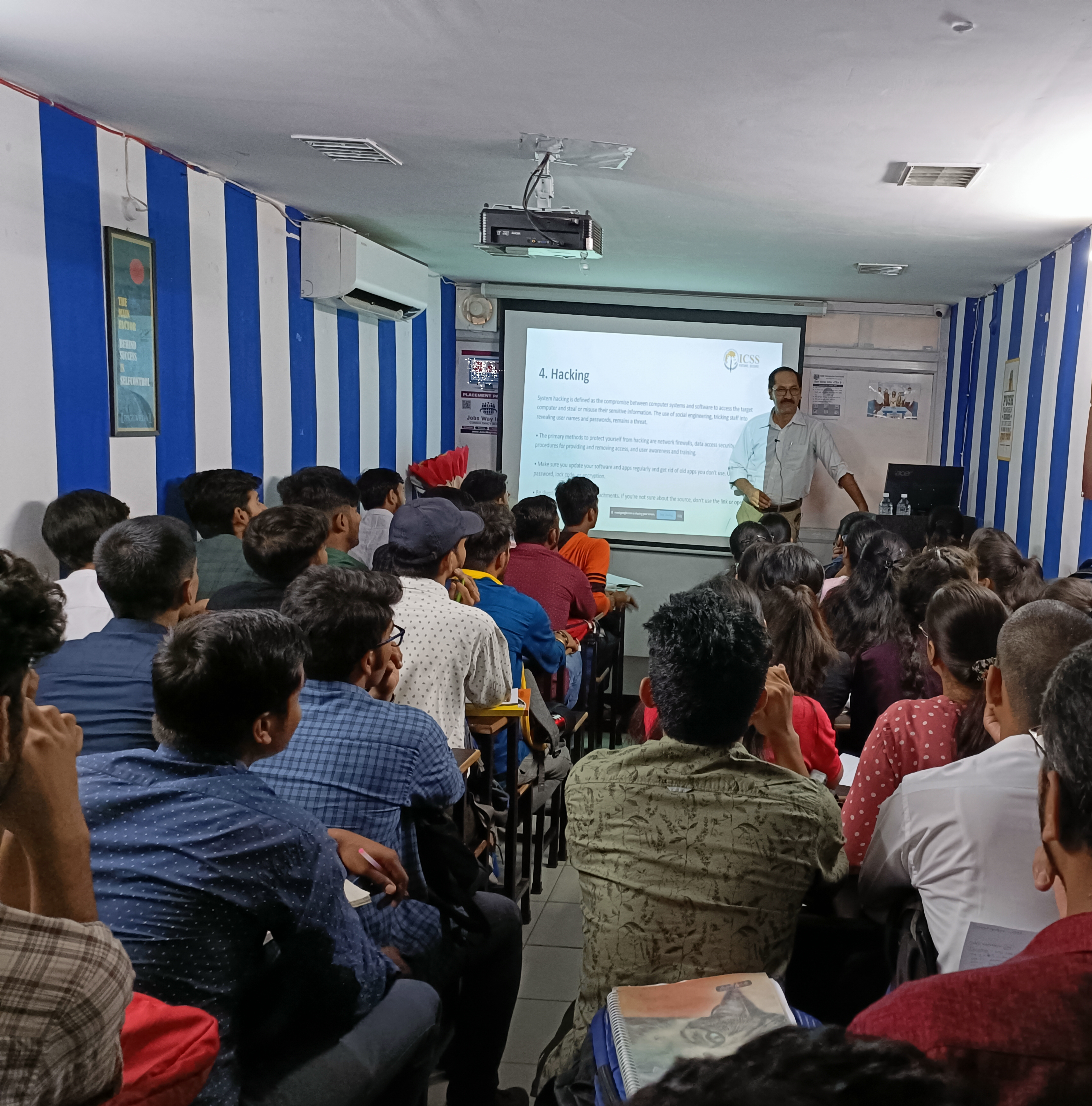
Offline
Online
Recorded
Total Program Fee:
₹30,500 ₹25,500
- Live instruction from Industry Veterans
- Vibrant community just like a College Campus
- Hands-on curriculum with Real-Life Projects
 Apply Now
Apply Now
Most Popular Courses
Data Analytics with Machine Learning Certification

Ethical Hacking Cyber Security Certification
Video Editing Certification
This certification program provides participants with the skills and knowledge to analyze data using Microsoft Power BI
Download Syllabus




.png)
